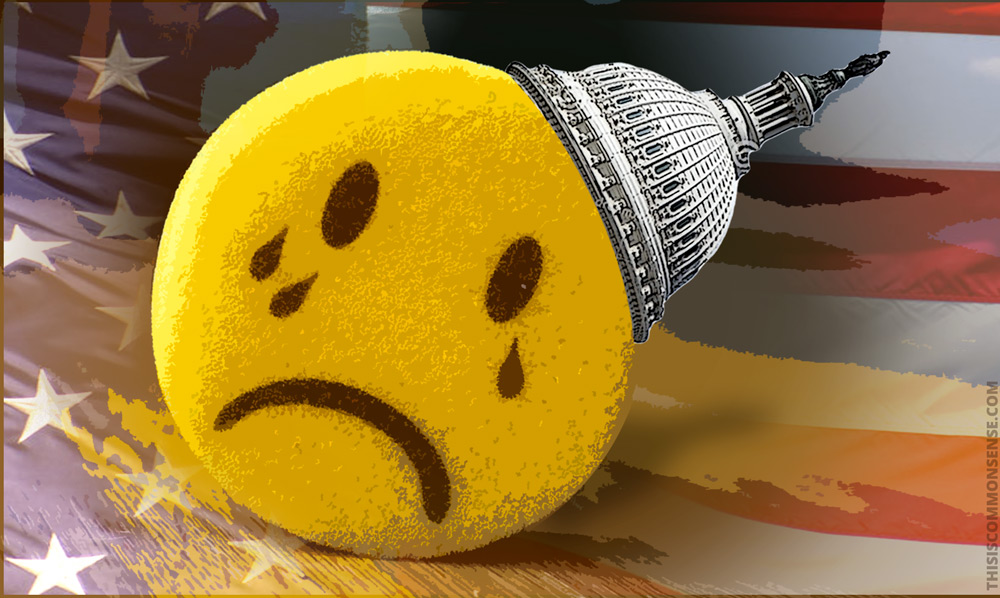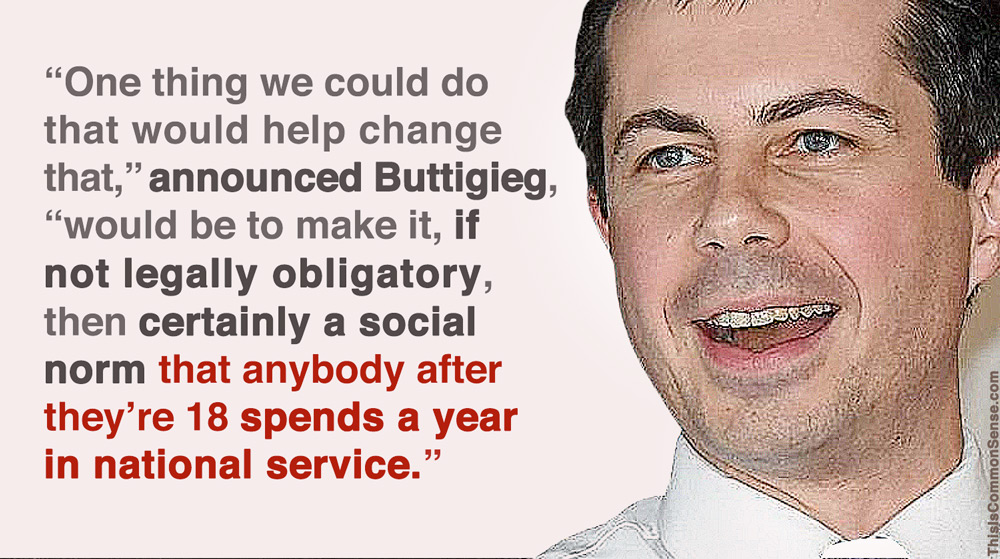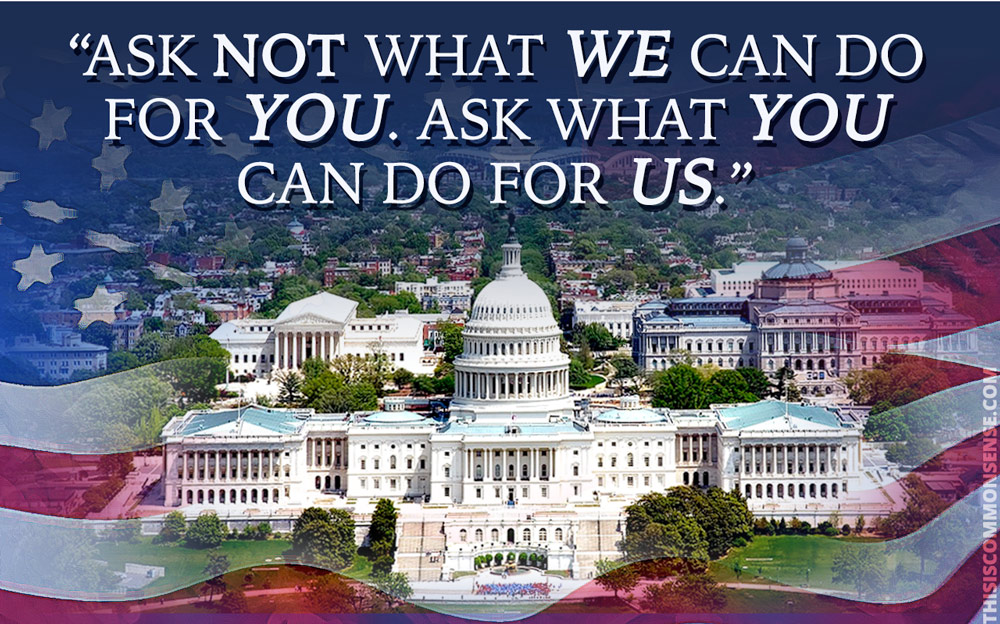The Green New Deal? So yesterday!
“Millionaires and billionaires” paying “their fair share”? Well, after Bernie Sanders’ millionaire status hit the news, Democrats have some reason to shy away to . . . the Universal Basic Income!
“UBI” for short.
Right now the big pusher of the panacea is a Democratic presidential candidate, Andrew Yang.
Entrepreneurially minded, he insists that he is “pro-capitalist.” Which is refreshing in the current state of The Democracy, but, uh, he is also pro-UBI. “Nicknamed his ‘Freedom Dividend,’” Reason magazine reports, his proposal would “give $1,000 a month to every adult between the ages of 18 and 64.”
The Reason article contrasts Yang’s version of the UBI with Charles “What It Means To Be a Libertarian” Murray’s, who wants to chuck every welfare state program and replace it with a basic stipend.
Another libertarian, economist and political scientist Mike Munger, makes a similar pitch: replacing all of the welfare state (including Social Security!) with just the one transfer program. Murray and Munger both tout the beneficial effects for those trapped in poverty, earnestly wanting people trapped in the current welfare system to pry themsleves free from its grasp. But this method strikes me as a fantasy: replacement will not happen. It is politically nearly impossible.
We would be lucky to nix even one measly program.
For a freedom-oriented case for the program, consult Mike Munger’s debate with Antony Sammeroff, author of Universal Basic Income: For and Against. Unfortunately, you cannot vet a debate between Sammeroff and Andrew Yang, the latter having recently pulled out of a scheduled debate at New York’s Soho Forum.
Maybe before any political decisions, we insist upon a Universal Basic Debate.
This is Common Sense. I’m Paul Jacob.

—
See all recent commentary
(simplified and organized)










